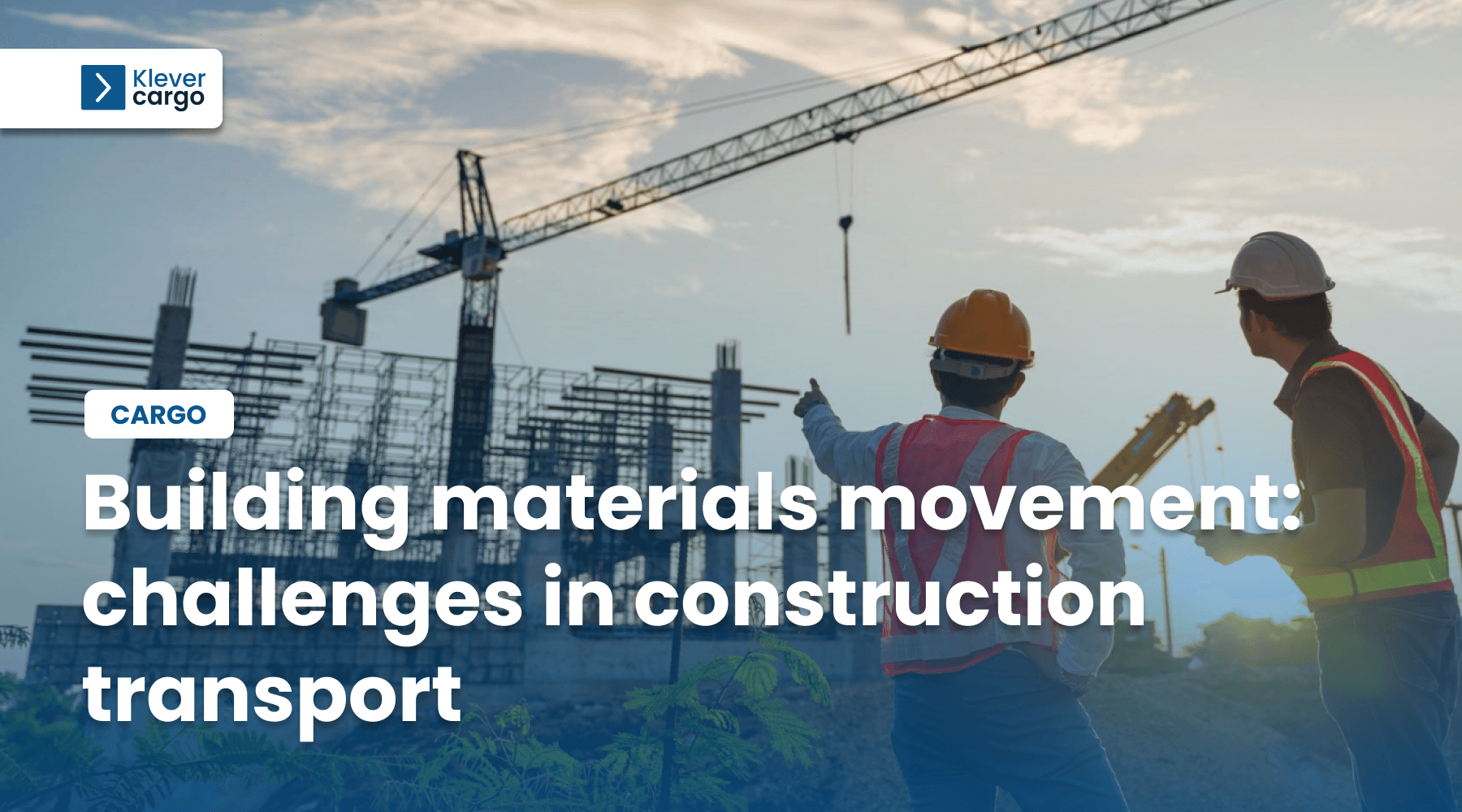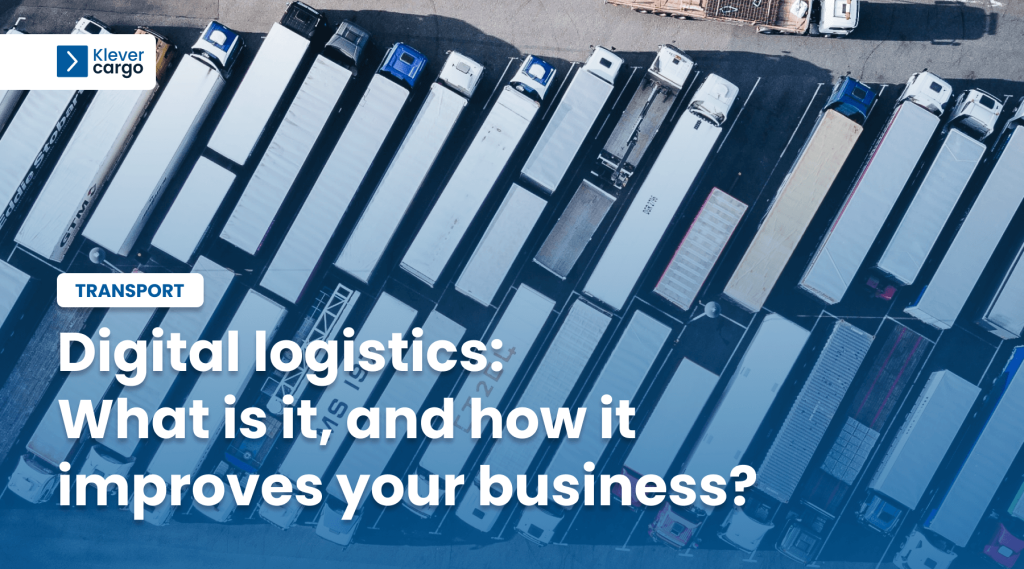Transport in the construction industry is more vital than you might think. It’s the logistical backbone that ensures materials and machinery arrive on time, keeping projects on schedule.
However, this intricate process is fraught with complexities, necessitating practical solutions. To effectively address these challenges, a fundamental understanding of building materials and how construction transport works is essential.
What are building materials?
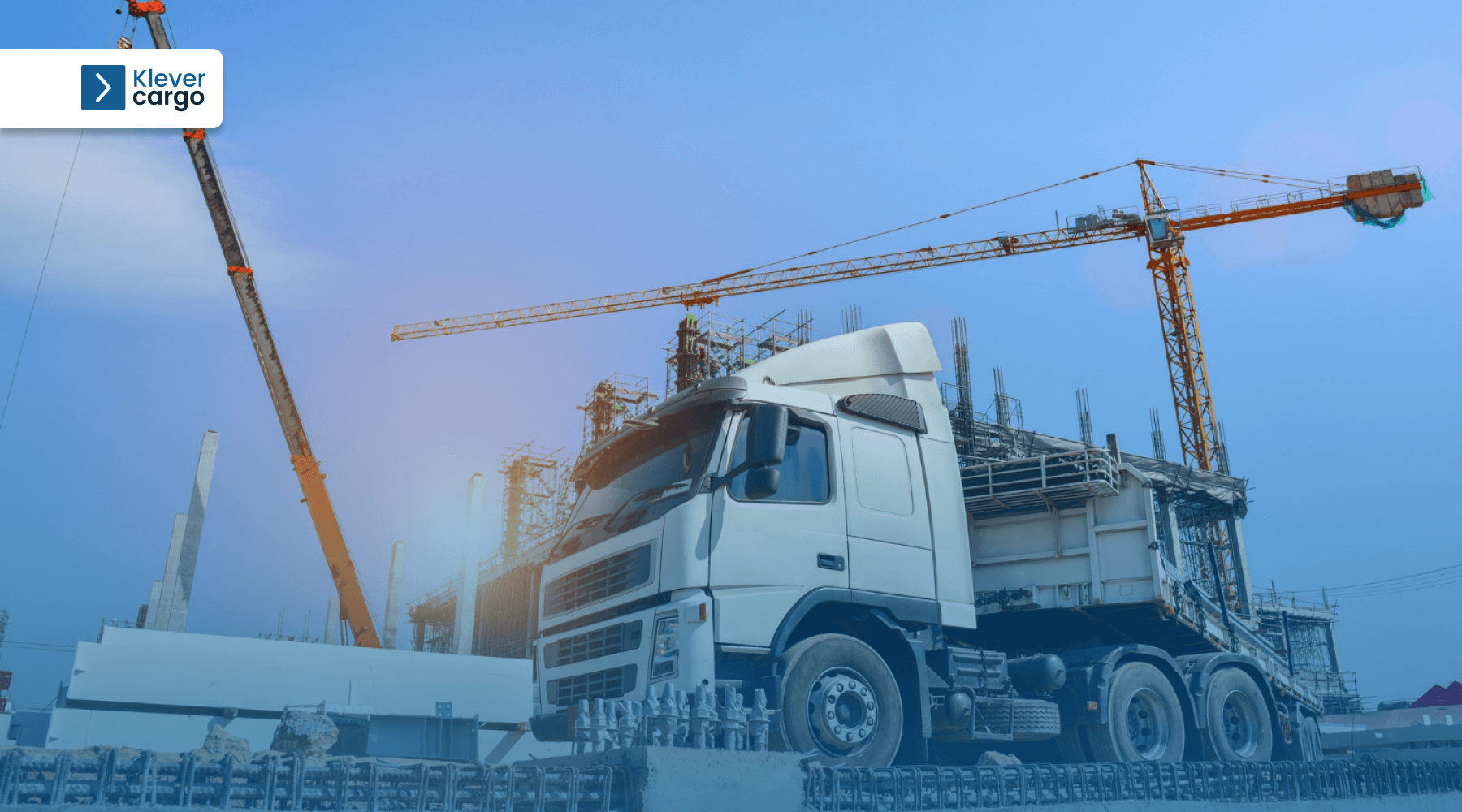
Building materials are the vital substances and elements used in construction. They serve as the foundation for constructing buildings and infrastructure. Some of the most common building materials include:
1. Concrete
Concrete is a strong and durable material that can be shaped into different forms. It’s typically used in foundations, roads, bridges, and various structural elements.
2. Steel
Steel is known for its high tensile strength, making it ideal for supporting heavy freight. It’s commonly used to construct buildings, bridges, and infrastructure.
3. Brick
Bricks provide good insulation and fire resistance. They’re used in walls, facades, and as structural elements.
4. Cement
Cement is a binding material used to make concrete. It’s essential in constructing concrete structures like buildings, roads, and bridges.
5. Wood
Wood is a renewable and easily workable material. It’s most commonly used in framing, flooring, and various interior and exterior applications.
6. Plastic
Plastic materials are usually light and versatile. It’s used in various construction applications, like plumbing, insulation, and building components.
7. Construction waste
Construction waste consists of materials like debris and discarded materials from construction sites. It requires proper disposal and recycling to minimise environmental impact.
Understand construction transport
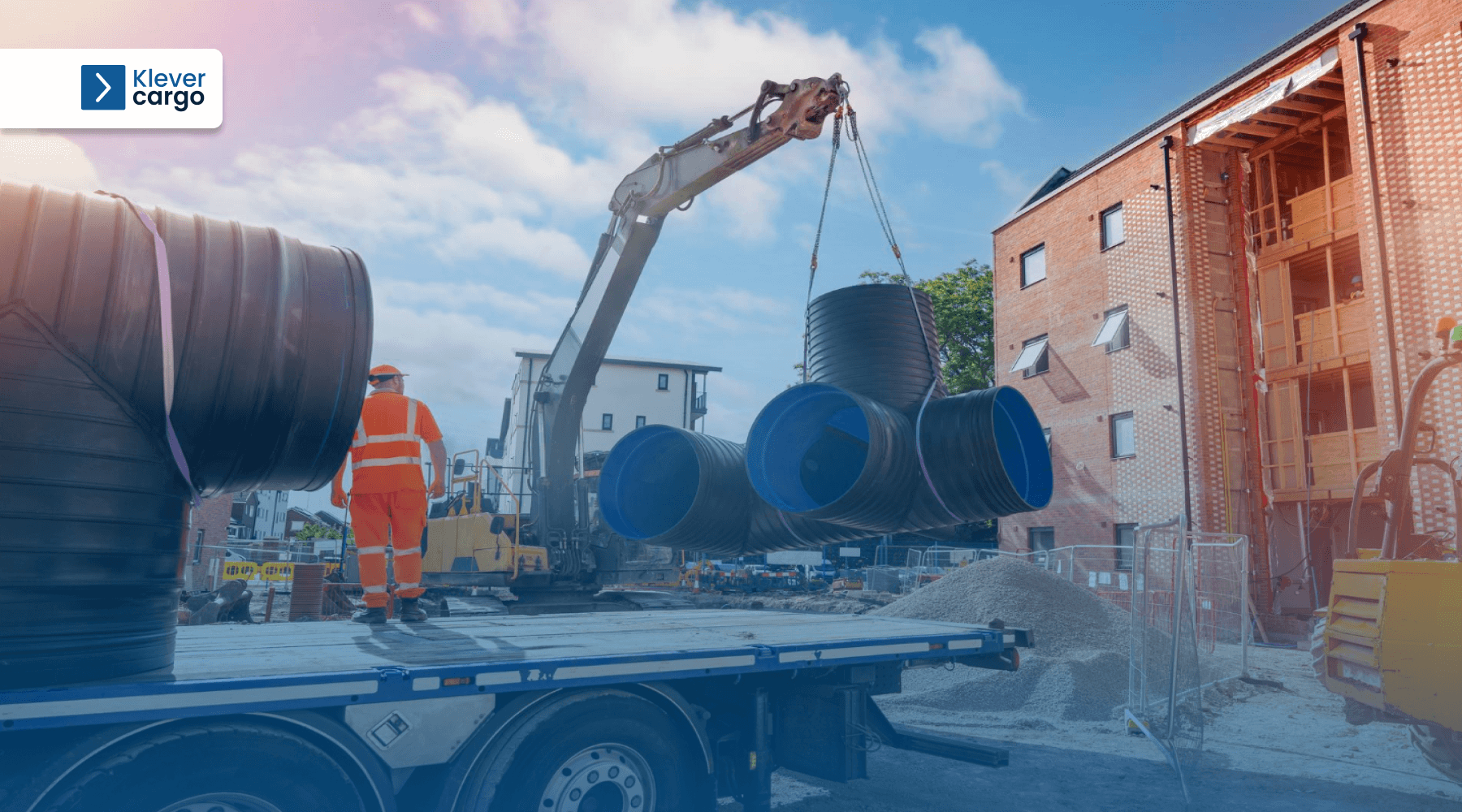
The key to success in the construction industry is the efficient movement of building materials and equipment. To do so, companies must have a well-functioning construction transport system.
-
What is construction transport?
Construction transport involves planning the movement of materials and equipment to construction sites. To have an efficient construction transportation system, we need to coordinate well which will further help us deliver materials on time and at a low cost.
There are several key points of an efficient construction transport system:
- The materials need to be handled carefully to prevent any damage or delays.
- Proper coordination with suppliers is necessary to ensure a timely and consistent supply of materials.
- Route planning involves finding the most efficient routes to transport materials, which entails calculating factors like traffic and road conditions.
- Depending on the material and location, you have to select the appropriate transportation method – trucks, cranes, or special vehicles.
- Safety is a vital point to which companies must adhere. That is especially important when dealing with oversized or hazardous freight.
- Lastly, maintaining proper communication among all stakeholders is crucial. Clear communication and regular updates will prevent delays and ensure transparency.
-
Role of construction transport
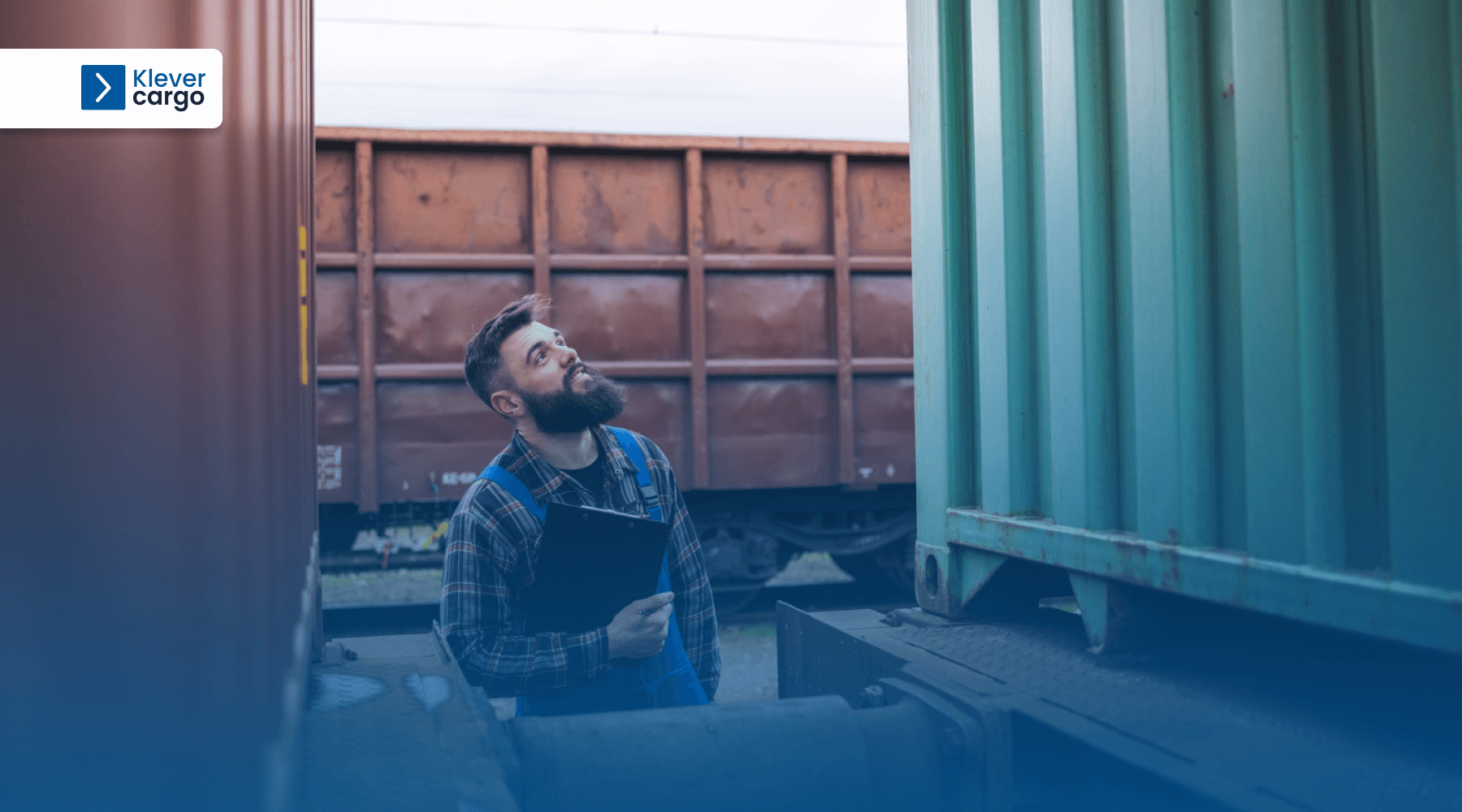
Efficient construction transport is crucial for any construction project. Its effectiveness allows for a steady flow of building materials and equipment to construction sites. Any delays or mistakes can have serious consequences for the project’s timeline and budget.
If the construction materials don’t arrive on time, it can slow down the construction schedule. Of course, that will push back the completion dates and frustrate all stakeholders.
Construction projects often involve a lot of workforces, and if materials aren’t available when needed because of delays, the workers won’t be able to do their jobs, increasing labour costs.
Cost-wise, several other problems can occur with transportation delays. For example, the rented equipment will be needed for longer than necessary. There are potential penalties for missing contractual deadlines. Materials arriving late may need to be stored on-site or at additional facilities which will result in storage expenses that were not originally budgeted.
Transportation issues can lead to significant damage to a construction company’s reputation. If they start happening frequently, that company will have a hard time securing future projects.
-
Why is construction transport so important?
A well-managed construction transport is more than just a logistical task. It’s a strategic goal for the construction industry. Here is why it’s so significant:
1. Efficiency
Streamlined transportation processes ensure that materials arrive on time and are readily available, maximising construction crews’ productivity.
2. Cost control
Effective transportation management minimises unplanned expenses, keeping construction projects within budget.
3. Client satisfaction
Finishing projects on time leads to satisfied clients. If they’re happy with the results, they’ll likely recommend the construction company for future projects.

4. Competitive advantage
Construction companies that are good at managing transportation have an advantage in the industry.
5. Risk mitigation
Efficient transportation lowers the chances of accidents, material damage, and breaking the rules.
Common challenges of construction transport
Numerous challenges can disrupt the flow of materials and equipment to construction sites. These challenges aren’t hypothetical but happen regularly and require practical solutions.
-
Supplier delays
To stay on schedule and prevent expensive delays, we need suppliers to deliver construction materials. This challenge happens again in construction and affects big and small projects.
Imagine a construction project with a tight timeline for completing a new office building. The supplier will deliver the steel beams and frames for the building’s structure. However, the delivery was delayed by two weeks due to a transportation error.
If that happens, the workers won’t be able to do their job, which causes idle labour. The project will now cost more due to extended site security, rented equipment, and similar factors that the delay caused. Additionally, the construction company could be penalised for not meeting the deadline which may harm their relationship with the client.
-
Safety regulations
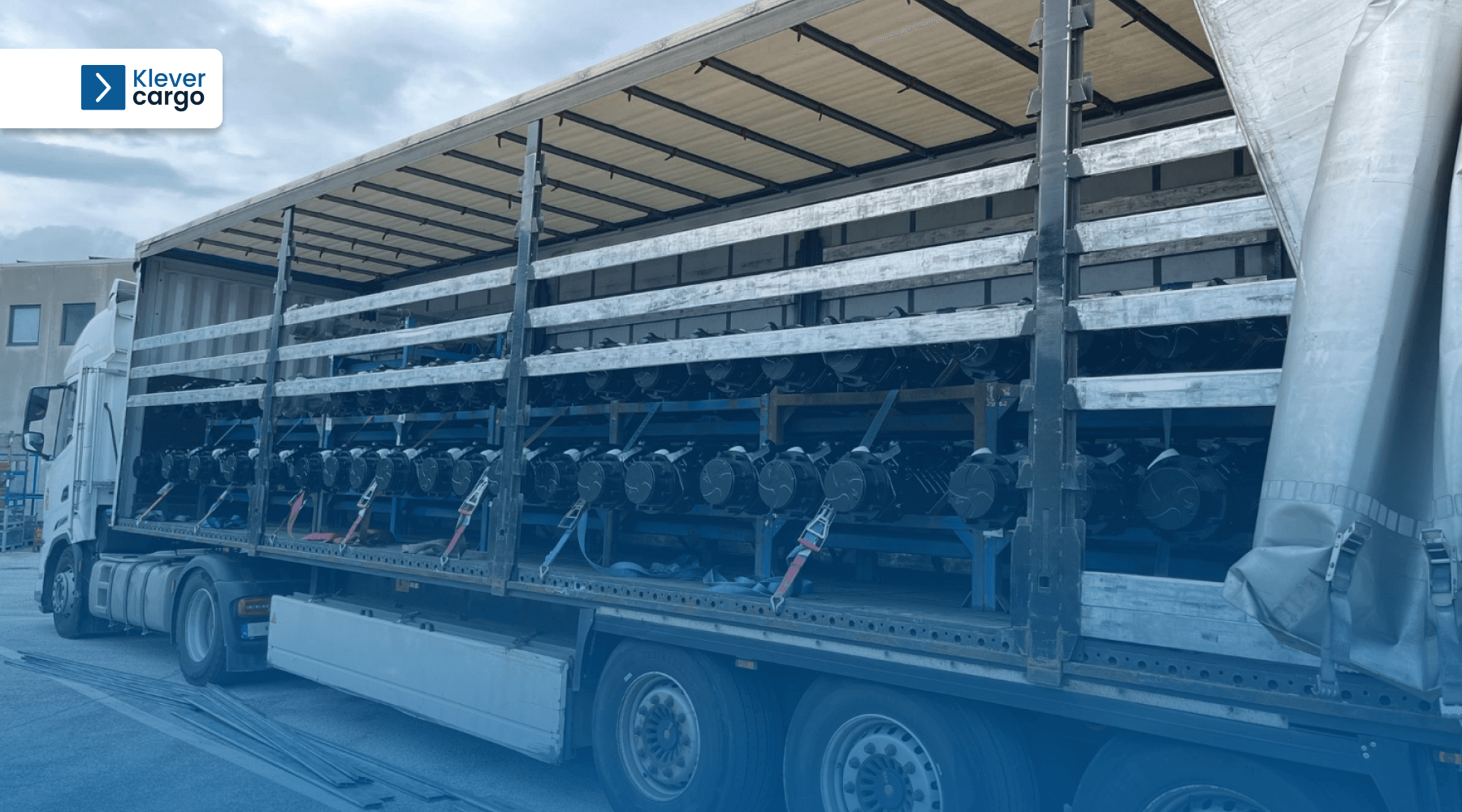
Safety is vital in the construction industry, and following regulations is a top priority. However, these rules are quite complex and thereby make the transportation of construction materials and equipment difficult.
One of the most common examples is oversized freight. Large or unusually shaped materials and equipment are more difficult to handle. Hence, transporting them often requires special permits that aim to point out specific routes and times to minimise interference with regular traffic.
Oversized freight can exceed standard freight limits for bridges and roadways. That is why route picking is essential to prevent accidents or damage. It’s also critical to have proper lighting and signage to enhance the visibility of oversized cargo, but most importantly to actually know the regulations and allowed dimensions.
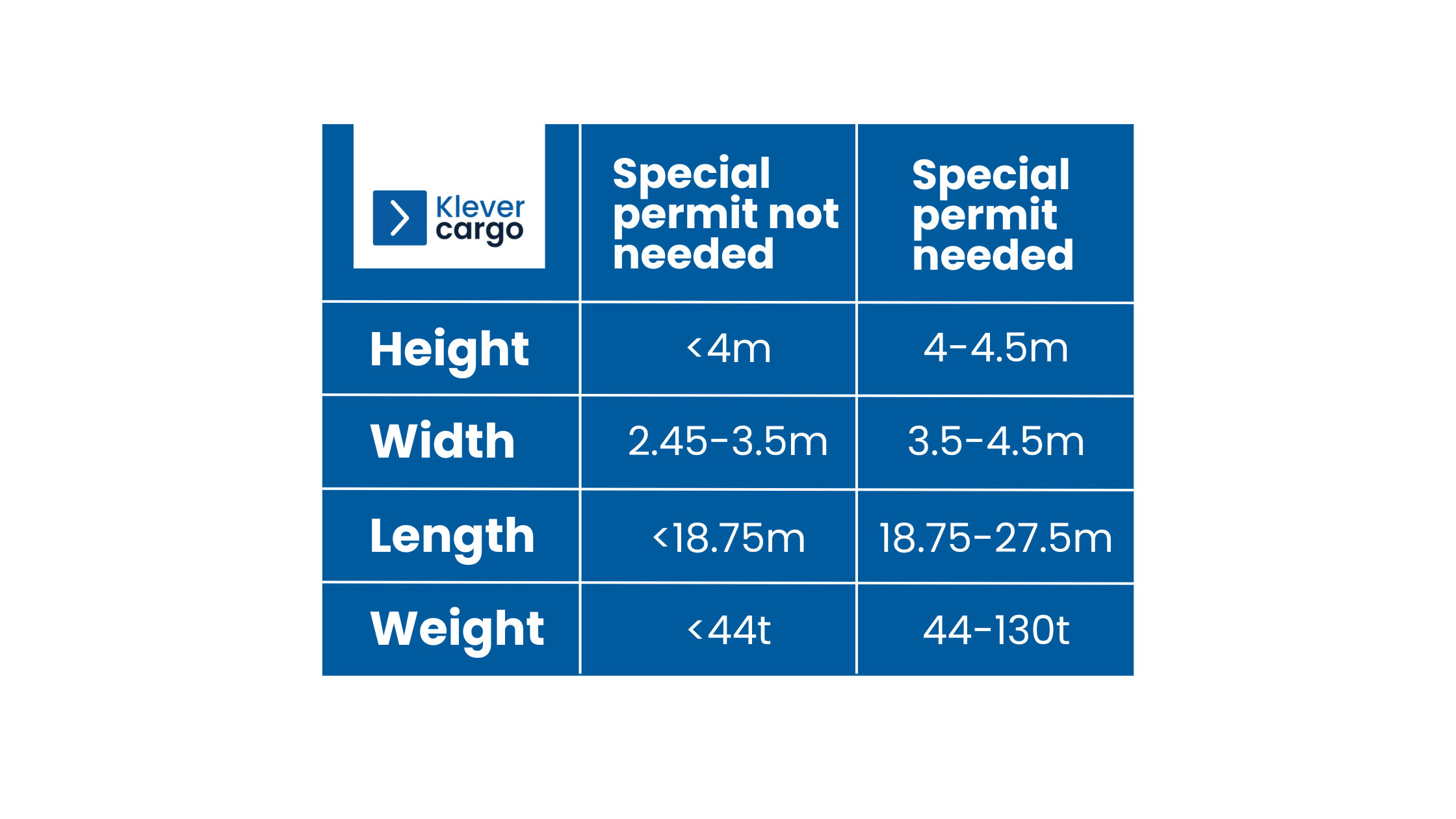
Aside from being familiar with these dimensions, you need to have in mind whether you need any special vehicles, such as extendable lowerbed trailers, platform trailers, and articulated trucks, that can carry heavy loads without any risk of shifting or falling during transit.
An example of oversized freight could be the transport of a massive steel beam for a bridge construction project. To transport the steel beam, you need a special permit that allows its transportation and a special vehicle for oversized freight. It must be adequately secured and follow specific routes supporting the weight.
-
Communication gasp
Clear communication is often overlooked, but it actually is a central part of a successful construction transport. It’s the primary way to stay efficient and precise throughout the process. Still, it can be challenging due to the many parties involved.
Suppliers need to check on the material availability. Contractors require up-to-date delivery information. Transporters must coordinate pickup and drop-off schedules. Failing to pass on that information can lead to:
- missed transportation schedules;
- uncertainty about the status of materials and their arrival;
- inefficiencies that cause project delays and budget overruns.
Communication challenges in the construction industry can be addressed by specific solutions such as the KleverCargo freight exchange platform. This platform provides a comprehensive solution that streamlines all transport operations within a centralised system, enabling users to efficiently manage their logistics operations.
With our simple interface and real-time updates, you can eliminate communication-related issues, and with quick communication, you will reduce delays and ultimately save costs.
-
Traffic congestion and site access
It’s common for construction sites to be located in urban areas with heavy traffic. That means that many transportation companies will face limited access and challenging terrains. Naturally, that makes reaching and navigating through the site difficult.
When those issues happen, they usually lead to delays and increased costs. That is why picking suitable routes is crucial to minimise these obstacles.
-
Skilled transporters
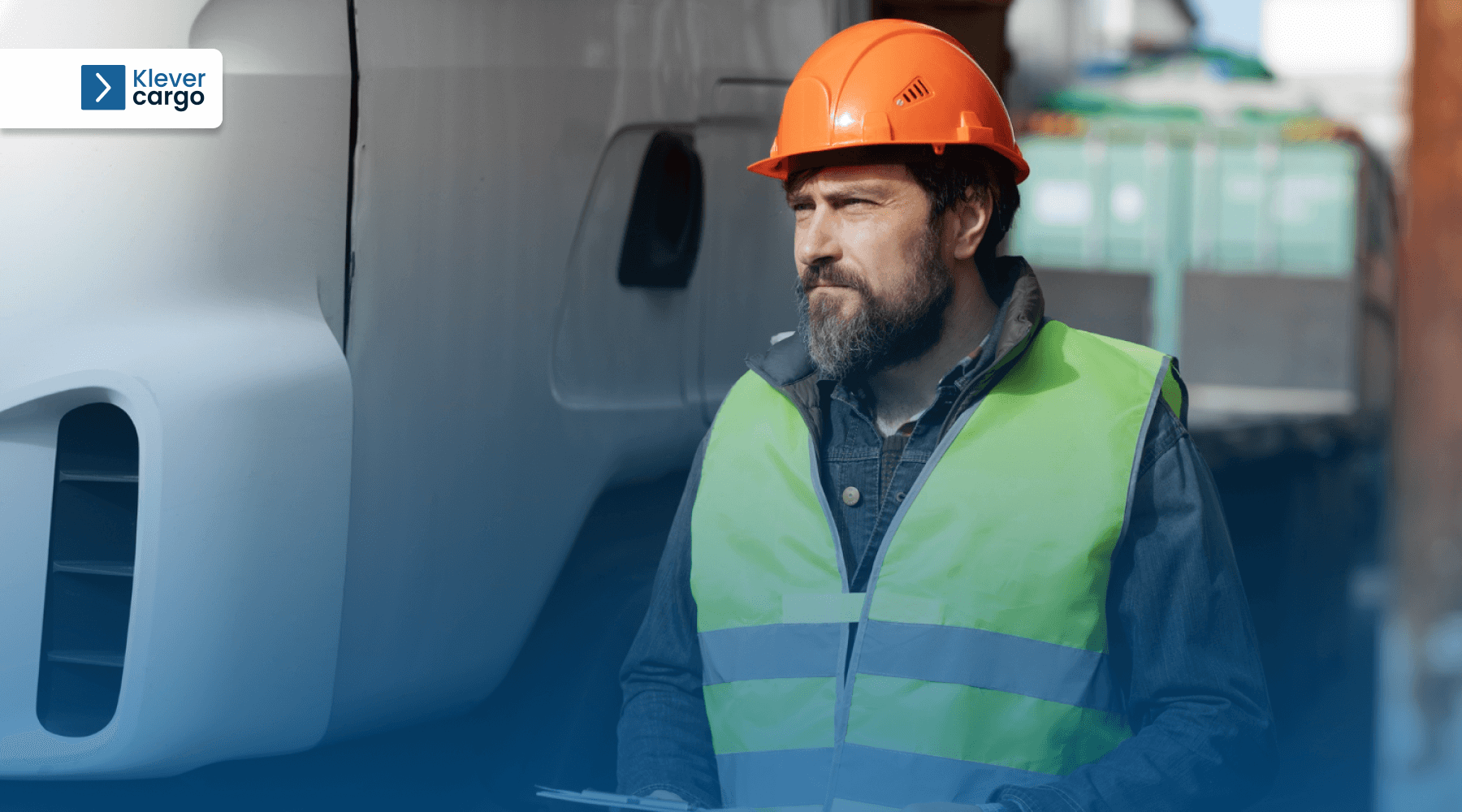
Transporting construction materials can be made efficient and hassle-free with the help of skilled transporters. They possess the knowledge and expertise to handle materials with care, ensuring that no damage is incurred during transit.
Moreover, experienced transporters are well-versed in the best practices of transporting construction materials, thereby making deliveries faster and more cost-effective. They have a reputation for reliability and are committed to delivering materials on time.
In addition, a skilled transporter is aware of all the safety regulations and guidelines, ensuring that the transportation process is conducted in compliance with safety standards, thereby reducing complications and risks.
Despite the essential role they play, finding skilled transporters can be a difficult task. Companies must extensively research and screen to find the right transporters for the job, which is a process that consumes a lot of time and resources.
Find skilled transporters on KleverCargo
However, this process can become a whole lot easier with the KleverCargo platform, which links construction experts with reliable transporters. Of course, that includes those experienced in handling oversized cargo.
Suppose you need to move a big object to your construction site, such as equipment or materials. KleverCargo can assist you in finding the right transporter – you only need to create a transport request. Here’s how you can do it step by step:
1. Log in or register
When you log in to the KleverCargo platform or register (if you still don’t have an account) click on +Create new and choose section Transport request.
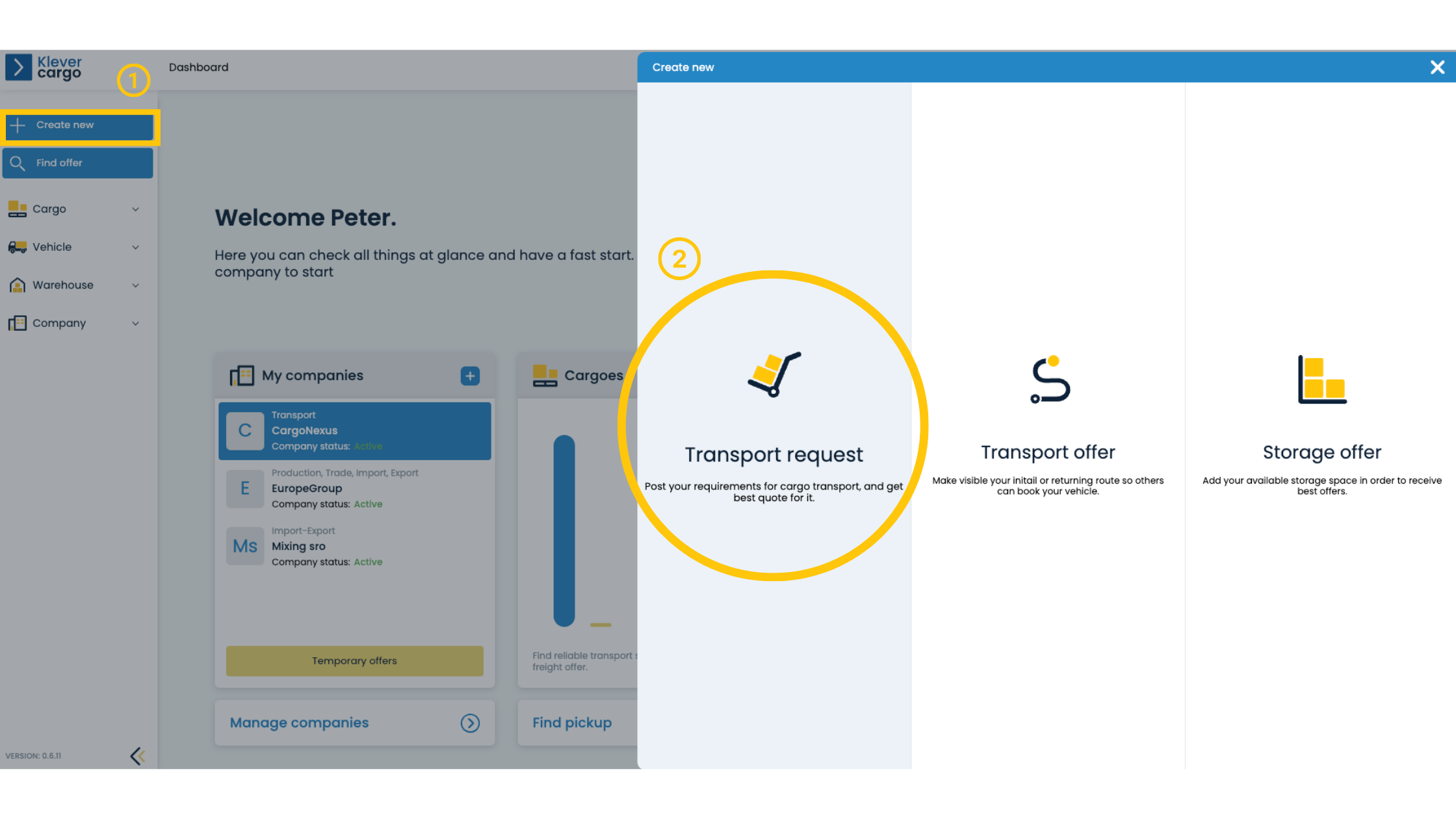
2. Give more information about your request
Specify the details of your cargo, preferred routes, and delivery timeframe.
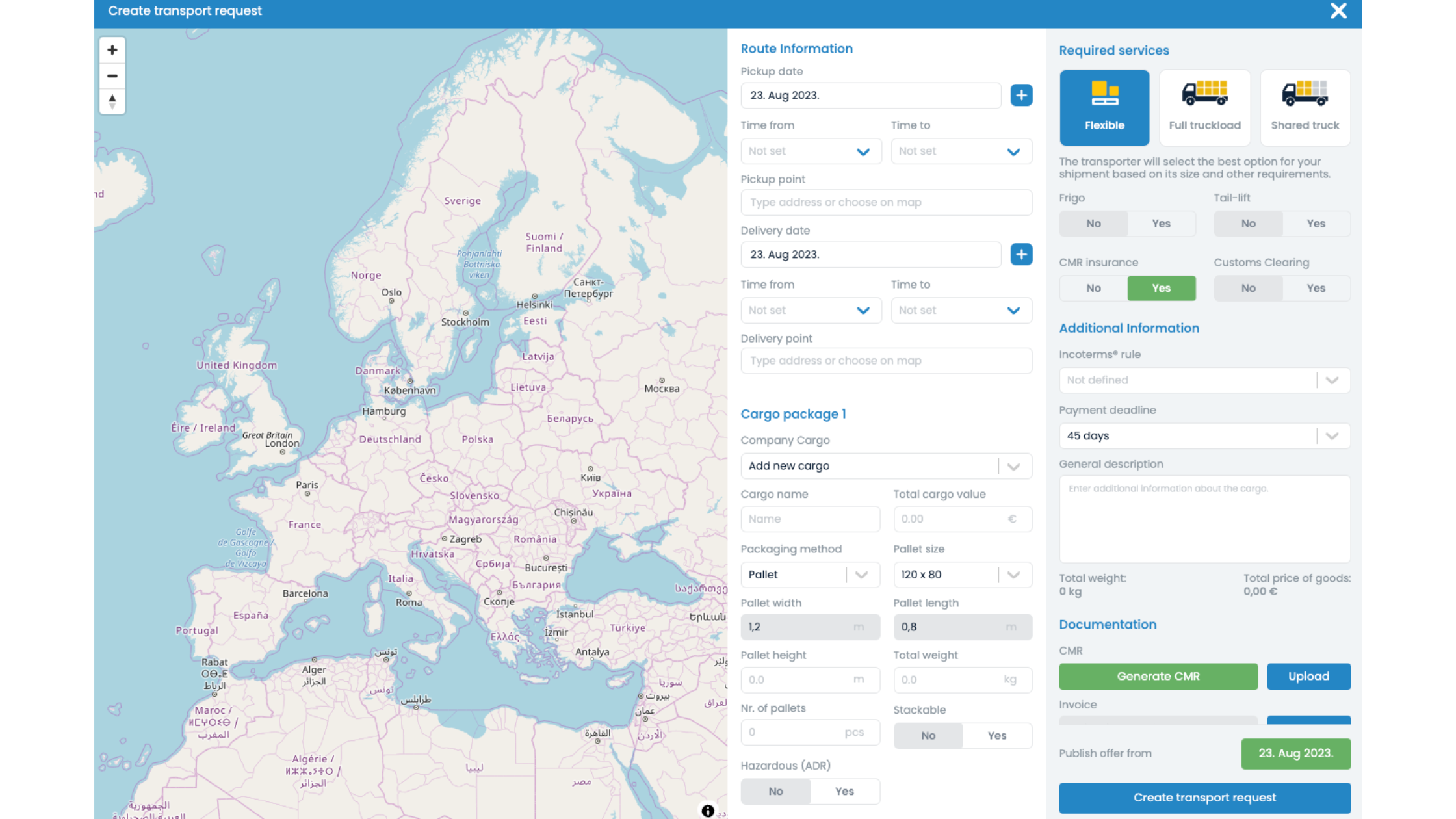
3. Access a network of skilled transporters:
KleverCargo has more than 3,000 users, among which are experienced transporters who specialise in oversized cargo. Your request will be visible to this network.
4. Receive competitive offers:
Transporters who meet your needs will send competitive offers through the platform.
5. Review and select:
You can review the offers, check the transporters’ profiles, and select the one that best suits your needs.
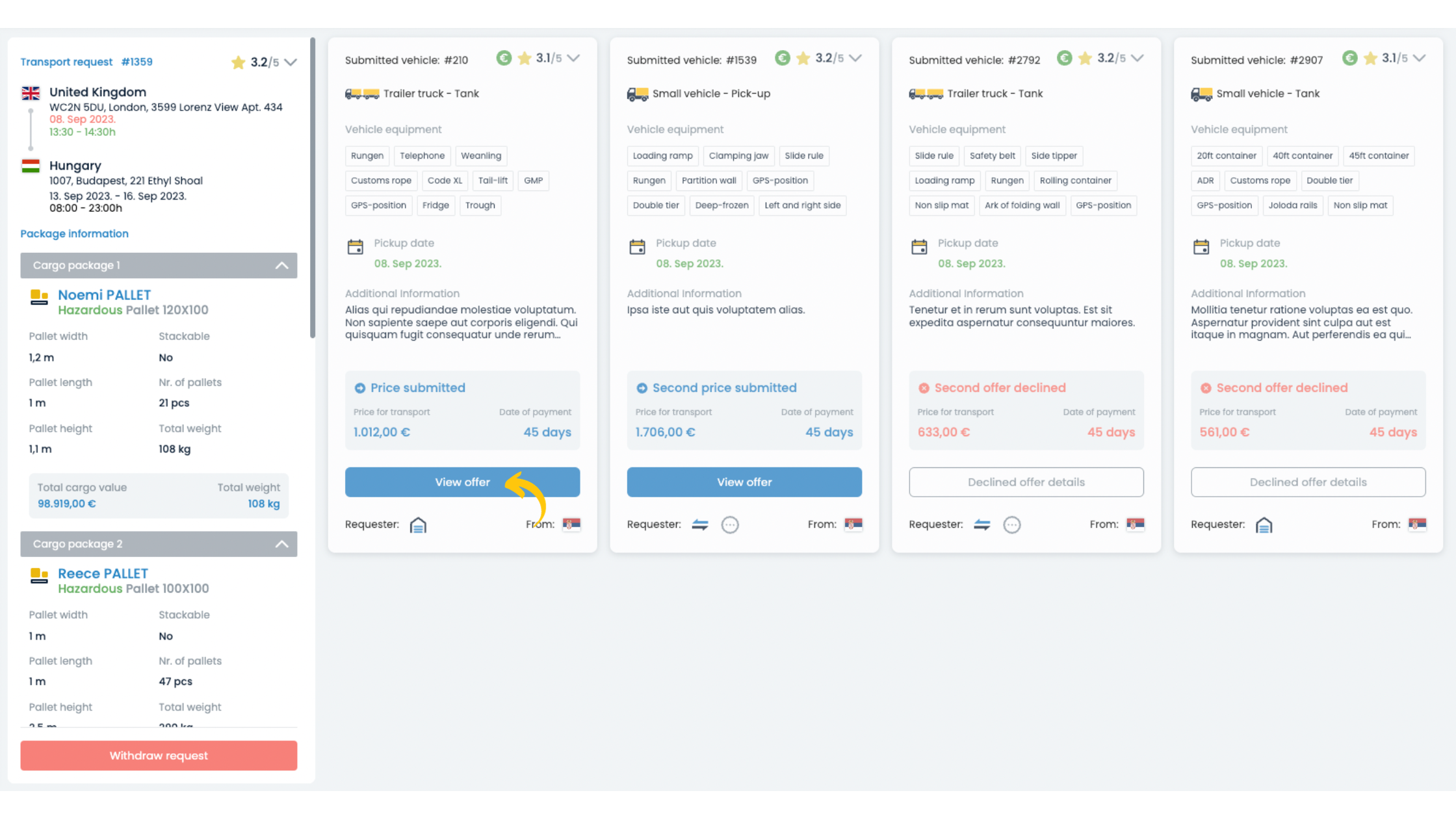
You can use KleverCargo to easily find experienced transporters for your construction materials, even if they are large. This saves time and enhances the reliability and efficiency of your construction transport.
The future of construction transport
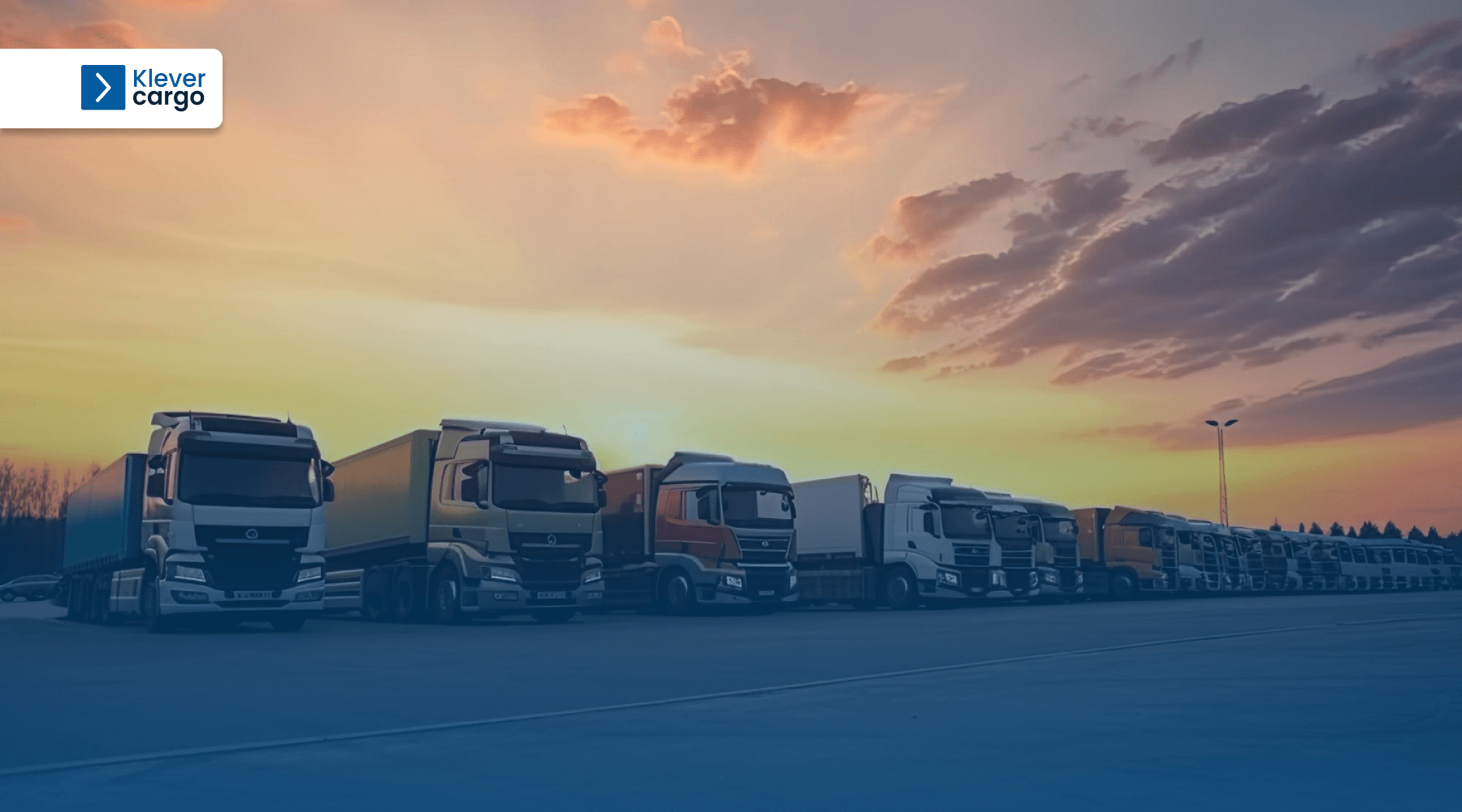
Technological advancements are shaping the future of construction transport. Companies can improve efficiency and save money by using new devices and resources.
One example of those advancements is autonomous vehicles. These vehicles, including self-driving trucks and drones, are set to revolutionise construction transport. They can offer several advantages:
- 24/7 operation:
Autonomous vehicles can operate around the clock, thus reducing delivery times.
- Reduced labour costs:
Autonomous vehicles don’t require human drivers so they can lead to significant cost savings.
- Enhanced safety:
Advanced sensors and algorithms make autonomous vehicles safer by reducing the risk of human error.
Another example would be the Internet of Things (IoT). It involves using connected devices and sensors to gather and transmit data. In construction transport, IoT can provide the following benefits:
- Real-time tracking:
Sensors on materials and vehicles allow real-time tracking, enabling precise delivery schedules.
- Predictive maintenance:
IoT can predict when vehicles and equipment need maintenance, reducing downtime.
- Environmental monitoring:
IoT can monitor environmental conditions, ensuring materials are transported under suitable conditions.
Technological advancements are vital for progress in the transportation industry. KleverCargo is dedicated to innovation. We stay up-to-date and anticipate industry needs. That sets the standard for the future of construction transport. By prioritising technology and efficient communication, KleverCargo ensures that construction materials are transported safely and on time. These advancements are contributing to the success of construction projects.
In summary
The movement of materials and equipment is a critical aspect that can make or break a project. Construction transport has many challenges, but its future is still promising.
KleverCargo, a pioneer in construction logistics, offers a forward-looking solution. Its features and dedication to staying up-to-date with industry advancements make it a game-changer for construction professionals. To optimise your construction transport, we invite you to register on the KleverCargo platform. Experience the future of efficient and transparent material transport.
